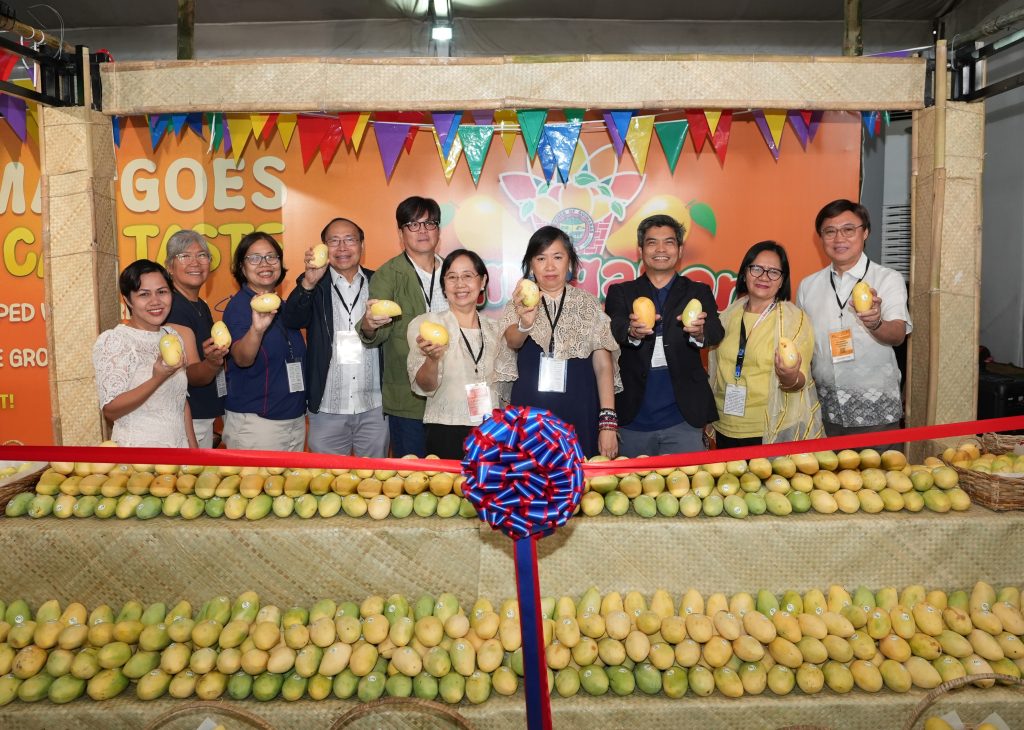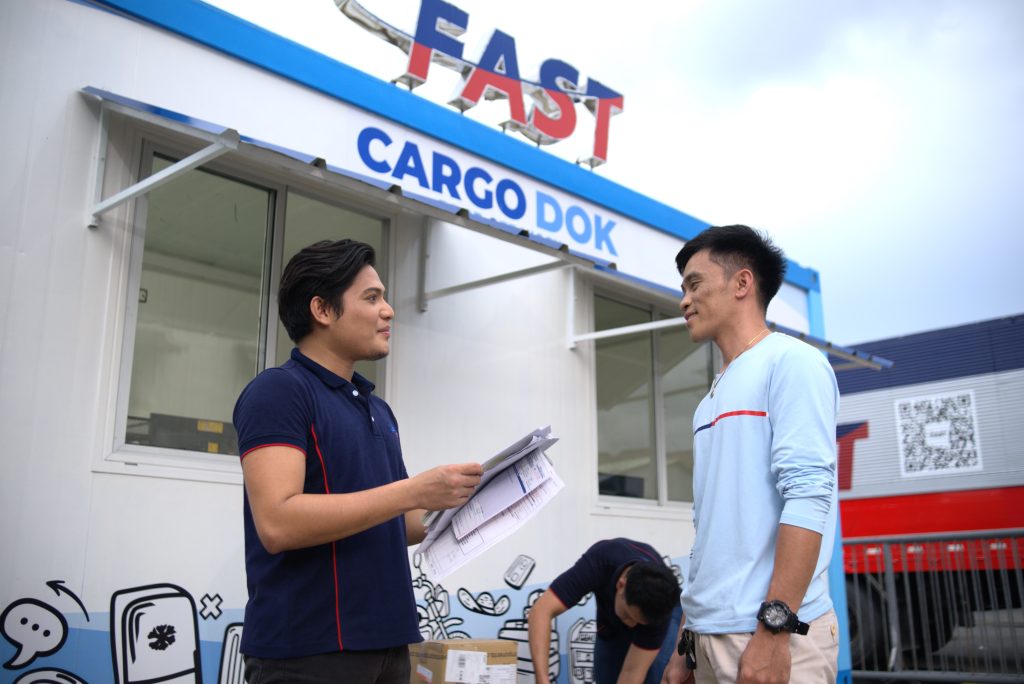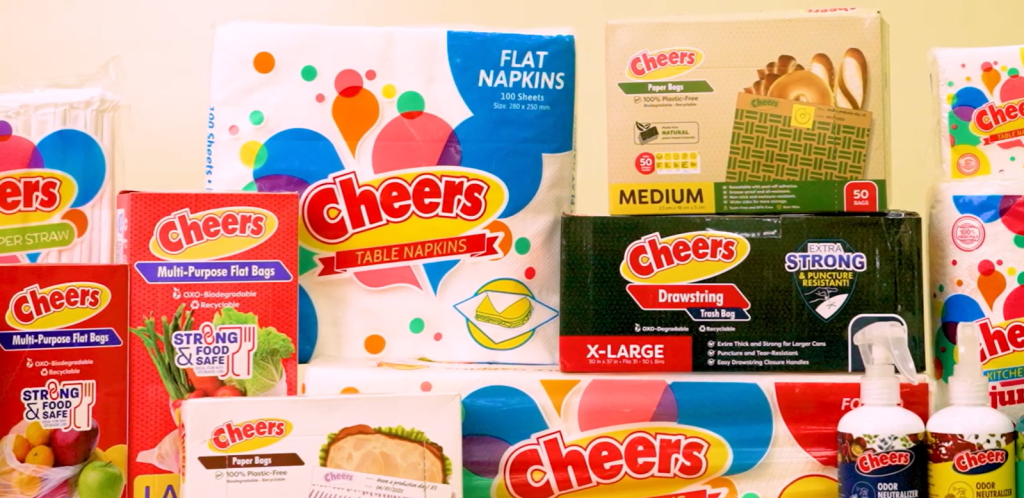
FAST Logistics Group, the Philippines’ premier end-to-end logistics company, recognizes the challenges that come with navigating the archipelagic nature of the country, while providing logistics excellence.
Handling logistics in the Philippines stands apart, compared to other Southeast Asian countries, because of the unique geographical makeup of this archipelagic nation. With islands, each characterized by diverse terrains ranging from mountainous landscapes to coastal regions, the logistical landscape is inherently complex.
As a result, the industry is marked by innovative solutions that go beyond traditional supply chain models. Strategies must emphasize adaptability, community engagement, and a deep understanding of the unique intricacies embedded in Philippine geography and culture.
FAST Logistics Group, the country’s leading company in logistics and selling distribution solutions, navigates through these challenges, by meeting market demands and the cultural diversity across multiple regions in the Philippines; to stay efficient operationally, but also remain culturally rooted.
What Is Rural Logistics in the Philippines?
The Philippines, comprising 7,641 islands, possesses its own unique topography, climate, and cultural nuances; this presents logistical challenges that demand solutions as the nation’s landscape ranges from densely populated urban centers to remote and isolated rural areas.
The challenges of rural logistics in the Philippines are one of the contributing factors that prompt the industry to adapt and evolve.
These diverse landscapes pose significant hurdles for those driving the supply chain forward in rural areas. Road networks may be limited, and the existing infrastructure may be insufficient for the demands of modern logistics. Transporting goods to remote villages requires vehicles that can navigate through challenging terrains, often lacking in proper roads or facing the threat of natural obstacles like landslides or floods.
One example, such as the last-mile delivery problem, or the final leg of the delivery journey to the end-user, becomes an area where traditional modes of transportation might fall short. This is where innovation is key – from the integration of technology for route optimization to investing in specialized vehicles that can withstand various terrain.
Five Hurdles: Rural Logistics Challenges
The challenges may be formidable, but they are met with a spirit of resilience. This comes as the logistics industry seeks to overcome the geographical complexities that characterize the Philippines. This resilience becomes the driving force in propelling the supply chain forward, even in the most challenging landscapes.
Geographical Isolation and Limited Accessibility
Areas with challenging terrain, such as mountainous landscapes or coastal regions, may have limited road infrastructure. The geographical isolation directly affects the availability of essential goods and services, as transportation becomes a formidable challenge, especially during adverse weather conditions.
Economic Disparities and Livelihood Challenges
Limited access to markets and higher transportation costs impede the ability of local businesses to compete on a broader scale. Additionally, the lack of reliable and efficient transportation systems restricts the ability of rural entrepreneurs to expand their reach. This could limit the growth potential of small business formats such as sari-sari stores.
These challenges are not isolated issues; they are interconnected threads that, when addressed collectively, have the potential to improve socio-economics in rural regions.
Cultural Sensitivity in Logistics Operations
The diverse cultural landscape of the Philippines means that logistics operations must be sensitive to local customs, traditions, and community structures. For instance, certain areas may have specific time-sensitive events or festivals that impact transportation schedules, requiring logistics providers to adapt and plan accordingly.
Environmental Impact and Sustainability
Logistical challenges, such as limited infrastructure and the need for specialized vehicles, can contribute to environmental degradation. Balancing the need for efficient logistics with sustainable practices is a delicate task. It requires innovative solutions that minimize the ecological footprint of transportation in these sensitive environments.
Community Resilience and Ingenuity
In the face of limited resources and access, communities develop localized solutions and collaborate to overcome obstacles. These community-driven initiatives, when supported by effective logistics, have the potential to catalyze positive change and foster sustainable development.
Five Solutions: Navigating Rural Logistics
Overcoming the hurdles of remote, and sometimes inaccessible regions in the Philippines, requires a blend of innovation, adaptability, and community engagement. This comes with the growing recognition that success in logistics is not just measured in terms of efficient supply chains, but also by the positive impact on the communities it serves.
Technology-Driven Route Optimization
The application of technology-driven route optimization streamlines transportation to align with the broader trends of digitalization and selling distribution management in the Philippines. Tech-driven solutions like Sales Force Automation (SFA), offers features such as GPS geo-tagging and store-locking for streamlined sales force management in any region.
Customized Transportation Solutions
Recognizing the diverse terrains and limited infrastructure in rural areas, logistics companies are investing in specialized vehicles designed to navigate challenging landscapes. These customized solutions are tailored to the specific needs of each region, ensuring that goods can reach even the most secluded areas.
Community-Driven Logistics Hubs
Establishing logistics hubs within or in close proximity to rural communities is a strategy gaining traction. These hubs act as central points for storage, sorting, and distribution. Strategic hub locations of logistics providers can reduce the distance and time required for last-mile deliveries. Moreover, these hubs can serve as community centers, fostering economic activity and job opportunities.
FAST Logistics Group, with the largest warehouse footprint in the country, has set up the FAST Logistics and ColdChain Hub in Tayud, Consolacion. This dry warehouse expansion helps North Cebu operations to enhance the distribution, transportation and transit times for non-perishable products.
Digital Payment Systems and Marketplaces
In many remote areas, traditional banking infrastructure may be limited. Digital payment systems and marketplaces are emerging as powerful tools to facilitate transactions and trade. These platforms streamline the payment process, making it easier for both buyers and sellers in rural areas to participate in the broader economic ecosystem.
Capacity Building and Training
Building local capacity is essential for sustainable rural logistics. This involves training local individuals in logistics management, supply chain operations, and the use of technology. Logistics providers who empower local talent can create a pool of skilled personnel who understand the nuances of the region and can contribute to the success of logistics operations.
FAST Logistics Group is recognized as part of the Top Philippine Employers 2024, by the Philippine Daily Inquirer and Statista. This marks its second year in a row to be recognized for its industry leadership in logistics and selling distribution.
A Deep Dive into the Innovative Solutions of Philippine Logistics
Innovative solutions in rural logistics in the Philippines go beyond merely overcoming geographical challenges; they contribute to the socio-economic development of these regions. These open up opportunities for education, healthcare, and entrepreneurship.
As the logistics industry continues to evolve, the emphasis on inclusivity, sustainability, and community engagement remains at the forefront of the innovative strategies shaping the future of rural logistics in the country.
FAST Logistics Group is the leading company of logistics and selling distribution solutions in the Philippines, with over 50 years of industry leadership. To learn more about what we do, visit https://linktr.ee/fastlogisticsph or contact our Solutions Expert
Categories
-
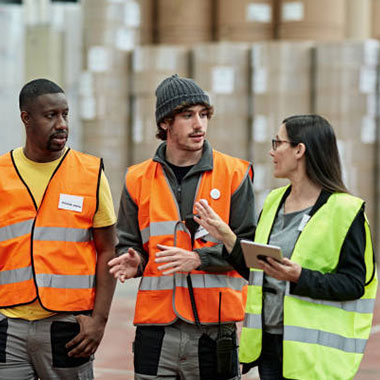
FAST Ahead
Includes case studies and testimonials of our partners as well as other featurettes from industry experts
-

FAST Hacks
We simplify logistics terms and provide practical tips and solutions for the DIY in you
-
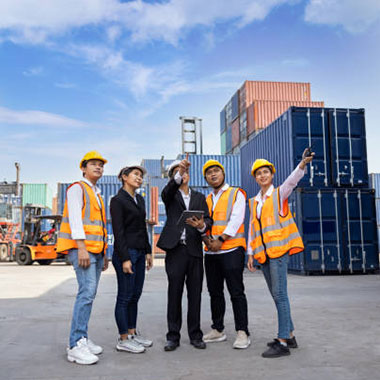
FAST Highlights
Know more about our history, various brands, achievements, and news updates
-
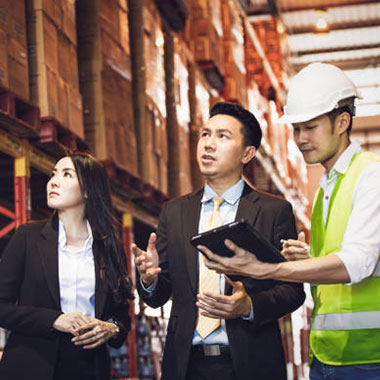
FAST Moments
Get to know the people of FAST, our employee programs, as well as our various ways of giving back to the community
-
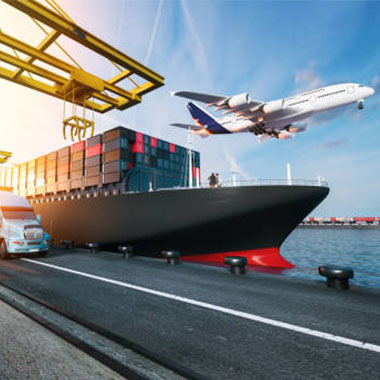
FAST Solutions
Learn more about the various logistics solutions that we cater to and offer our clients, as well as tech innovations, and service facilities


